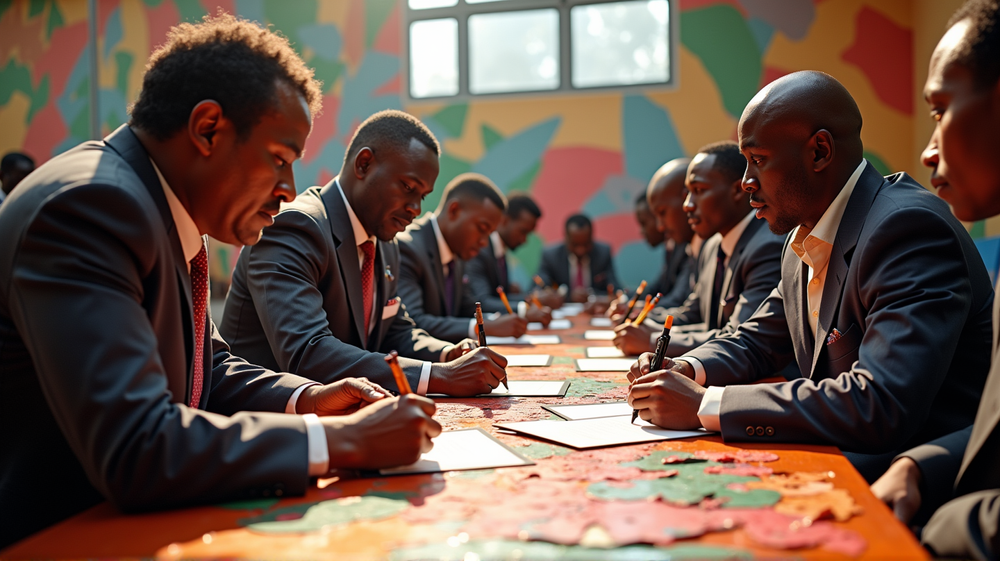In the heart of Africa, as the countdown to Malawi’s national elections ticks away, something unprecedented is happening. A coalition of Malawi’s political parties is putting their differences aside to focus on a universal cause: the health of women, children, and adolescents. This wasn’t a simple campaign promise—it was a solemn pledge born out of intensive dialogues facilitated by Amref Health Africa and other civil society organizations (CSOs).
A New Era of Political Commitment
Senior politicians from Malawi’s four major parties—the MCP, UTM, UDF, and DPP—have taken up the mantle of health advocacy ahead of their September elections. This revolutionary shift comes after a two-day meeting, orchestrated to strategize and shape manifesto commitments. While political campaigns often split these groups, health has unified them, making it a pivotal election focus this year.
Key Commitments from Malawi’s Parties
The Malawi Congress Party (MCP) is taking decisive action by upgrading gender laws and setting unprecedented goals for youth inclusion in government. Meanwhile, the UTM is banking on international standards like the Abuja Declaration to ensure 15% of the national budget is allocated to health.
UDF, led by Atupele Muluzi, is determined to wean Malawi off foreign aid. With promises to ramp up funding for maternal and adolescent health, their commitment signals a shift towards self-reliance. The DPP, not to be outdone, has acknowledged systemic health issues, vowing to invest in long-term, sustainable health solutions. As stated in Africa Science News, these moves could redefine Malawi’s health sector.
Advocacy: Lessons and Future Paths
This coalition of political and civil leaders has produced valuable lessons in advocacy. Timing was key; the discussions happened as manifestos were still being sculpted, giving a voice to youth and women who demanded real action, not just words.
A few pivotal strategies emerged, notably using global frameworks like the Abuja Declaration to reinforce local commitments and ensuring diverse community voices were heard. High-profile attendance from senior politicians also elevated these pledges to national urgency.
Paving the Way for Implementation
The step from commitment to action is where the real test lies. Can promises made to allocate more funds to health and prioritize youth and women’s leadership translate into tangible results?
Political parties and CSOs face the task of sustaining momentum post-elections. The groundwork laid during these dialogues must evolve into policies and practices that integrate health financing reforms and enforce new laws for gender and youth representation.
Looking to the Future
As CSOs and political leaders depart from these discussions, they do so with a shared vision and responsibility. This unified front may just be the catalyst for profound health changes in Malawi, showcasing how collaborative dialogue can shape a prosperous and healthier future for Malawi’s citizens.
For further insights, stay connected on social platforms, and witness as Malawi steps into a future of promising health solutions.












